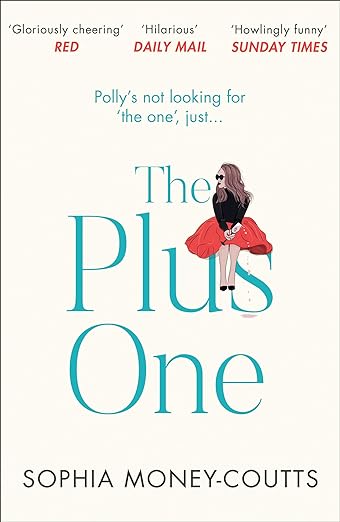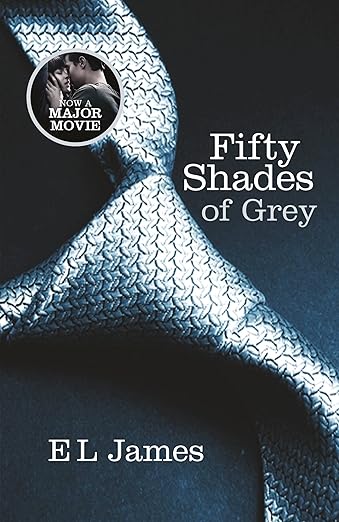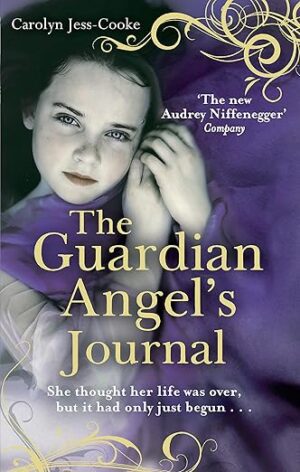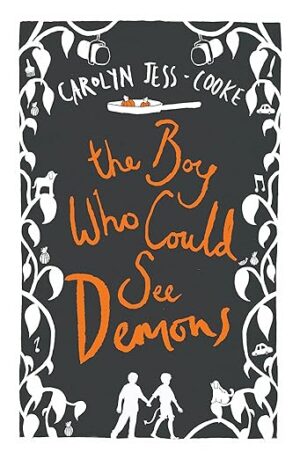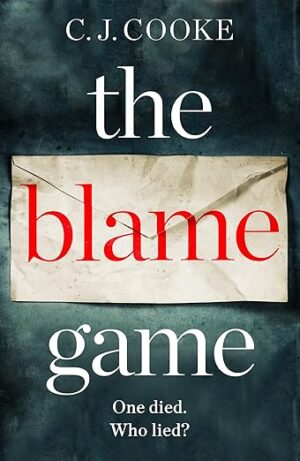Today I want to return to a subject that I keep coming back to when I think about the world of books. The Literary Canon. It’s an answer to the ultimate question: what makes a good book? I emphasise ‘an’ answer because it has plenty of critics.
The Canon is, broadly, the name given to the collective of literature, art, music and philosophy that we refer to as the Classics. It’s comprised of the pieces of work we tend to study at school and university. The great paintings we see in London museums and the thick volumes sitting on grandma’s bookshelf, gathering dust.
I loved English at school. I loved my English teachers and the passion they showed for words. I enjoyed discussing what could be learned from the books we read, how some of them accidentally changed us a little bit when we read them. But as my secondary school years went on I began to wonder why we studied the texts we studied. There are many millions of authors, poets and playwrights in the world and throughout history, and yet we read a Shakespeare play every year.
That’s not to knock Shakespeare, I actually went on to study an entire module on his plays at university and I enjoyed it very much. It’s more to ask why certain books aren’t studied academically. And why are we told we should like certain authors? You might secretly hate Jane Austen but if you voiced that out loud, you’d certainly be met with scorn. Yet it’s absolutely fine to say you hate E.L. James’ Fifty Shades of Grey.
Another criticism of the Canon is its lack of diversity. In the 1960s the Canon began coming under fire for only including certain groups of authors and hence the ‘dead, white males’ argument was born. While there were other authors in the Canon, it remained extremely under-representative of authors across the world and of the communities they serve.
In 2020, the Canon is a little more representative than it probably was 70 years ago but the question still remains: who gets to decide which literature is good enough for the Canon and which isn’t worth it? Shouldn’t the worth of a book come from how it makes you feel and therefore be totally subjective?
Just the other week I read a book called The Plus One by Sophia Money-Coutts. It’s what you might call chick-lit, an easy read, and definitely wouldn’t ever be in the Literary Canon because it wouldn’t be considered ‘high brow’ enough to be studied alongside Dickens and Orwell. Yet I absolutely loved it. I couldn’t put it down, reading it late into the night. I loved the characters, I loved the plot and I felt like I learned plenty about relationships and life.
And that was enough for me.
Click on the covers to find out more about The Plus One and Fifty Shades of Grey.




